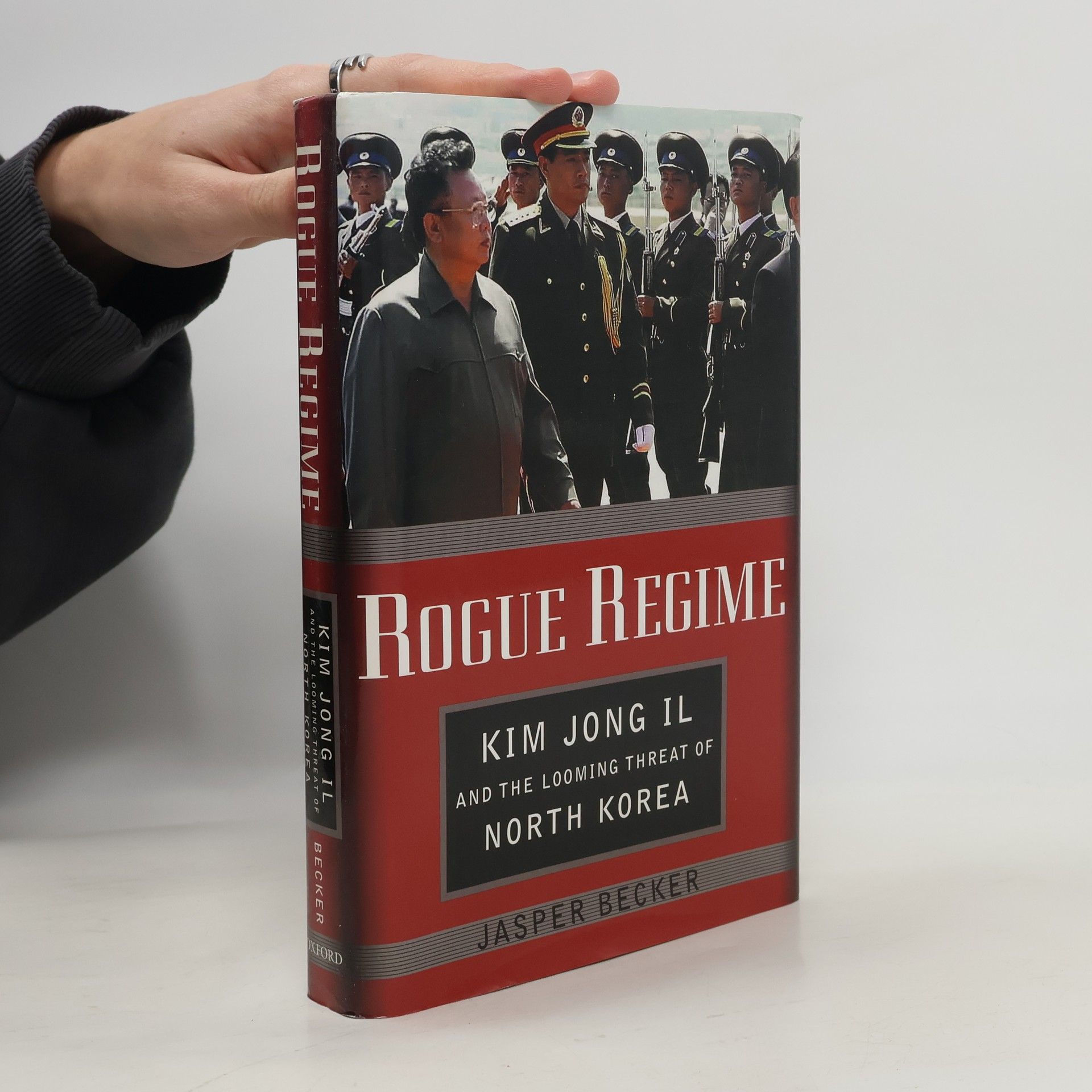Why Communism Failed
- 352 pages
- 13 hours of reading
Communism was destroyed not from without, but from within-by a persistent failure to make its economic theories work in practice. But what exactly did go wrong with its central planning? Until the last moment, top western economists claimed that Communism was superior to western models. Even now, centralized Marxist planning retains its admirers, especially among the young. With the benefit of new archival research, we can finally grasp how falsified and manipulated statistics blindfolded Communist governments and confused western leaders, leading to staggering errors of judgement. Both sides believed that East Germany had a stronger economy than West Germany; that North Korea would overtake South Korea; that Mao's China was a paradise for its starving peasants. Those who warned that a dearth of reliable economic data would condemn central planning to irrational misallocation of investment and labor were ignored or belittled. But, ultimately, they were vindicated. Jasper Becker answers the big question: what accounts for the fall of Communism in the Soviet Union, China and everywhere else? And why don't present debates acknowledge that failure? This unconventional history of Communism and the Cold War explains why the same old clash of theories is continuing to shape the world today.



